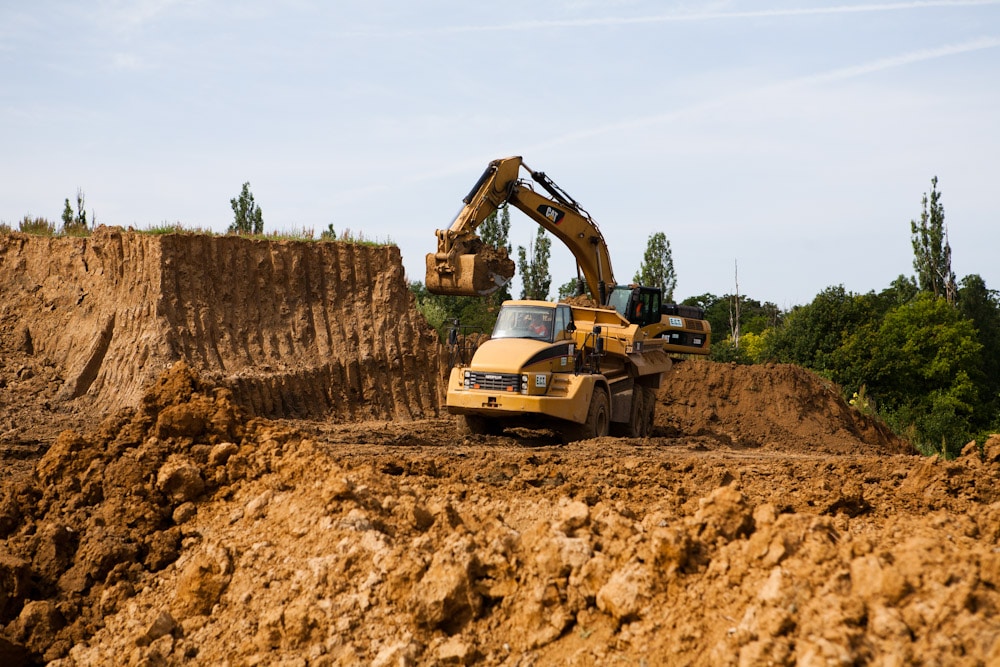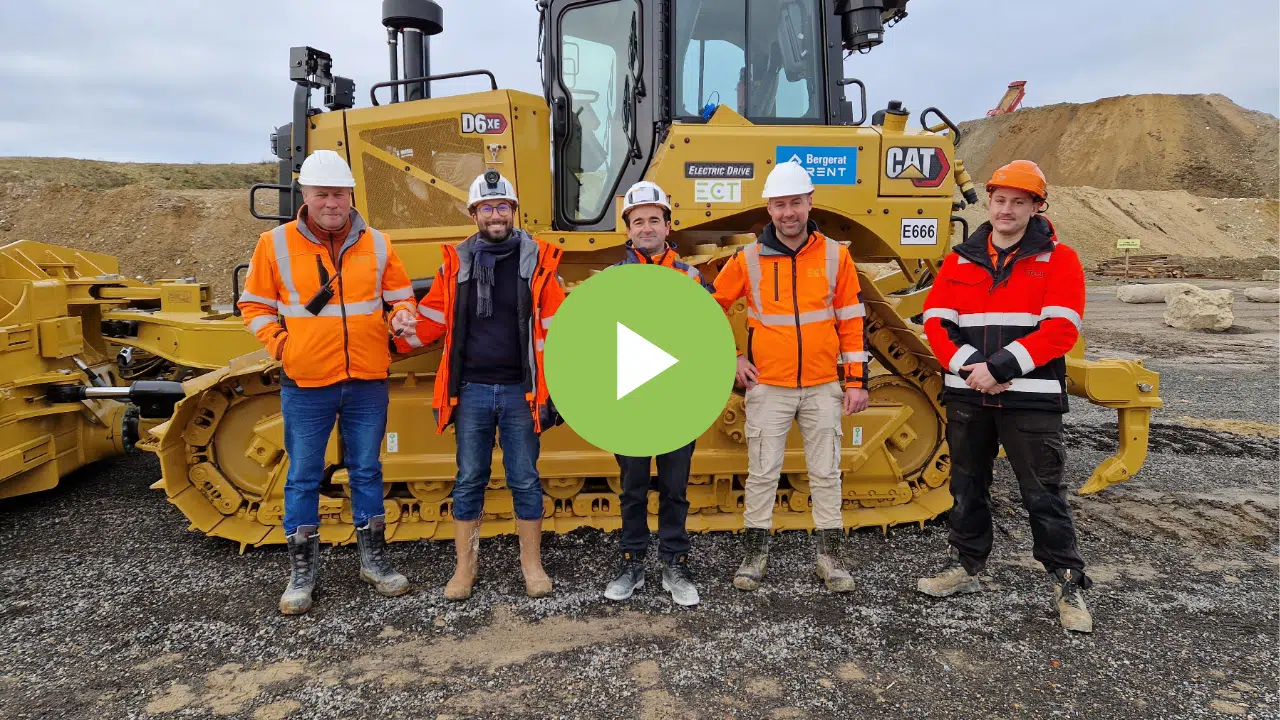ECT analysis of recent legislative developments concerning excavated soil management
In 2020, a number of legislative and regulatory changes will have an impact on the management and reuse of excavated soil. ECT keeps a close eye on these legislative and regulatory changes.
Update after an important milestone: the adoption at the end of January 2020 and publication in the JO of Law no. 2020-105 of February 10, 2020, Law on the fight against waste and the circular economy
Waste status, recycling and traceability of materials
Presented in July, the bill on the fight against waste and the circular economy carried a fourfold governmental ambition:
- put an end to waste to preserve our natural resources,
- mobilize manufacturers to transform our production methods,
- strengthening consumer information
- improve waste collection and combat illegal dumping
One of the aims of the law was to make the conditions for releasing waste from the waste stream (SSD) more flexible. SSD was particularly eagerly awaited by SSE companies to facilitate recycling. This includes materials from building demolition.
A law that takes into account the constraints of excavated soil.
The January 2020 law defines the conditions for a more flexible exit from waste status. At the same time, it reinforces general traceability obligations for excavated soil (with and without SSD).
ECT has always been convinced that any change in the conditions under which waste is removed from the waste stream must be accompanied by the maintenance, or even reinforcement, of traceability rules and controls. In fact, the main traceability measures stem from the waste status of excavated soil.
ECT welcomes the fact that the law reinforces the producer/outlet chain of responsibility, as well as the controls associated with the traceability of materials. Waste status, which is highly protective of the environment and human health, remains the default status for excavated soil. On the other hand, the SSD is simplified, which will help ECT to produce fertile substrate and soil bricks.
3 changes to the law adopted in January 2020
The bill specifically modifies 3 aspects of excavated soil management:
- During building demolition or rehabilitation, materials sorted for re-use are not classified as waste (article 54).
- Excavated soil no longer has to be classified as ICPE or IOTA before it can be removed from waste status. In return, control by an accredited third-party expert is implemented for hazardous waste, excavated soil or sediment that ceases to be waste (article 115).
- All operations involving excavated soil used outside the excavation site (production, import, export, processing, collection, transport, brokerage, trading) must be traced. As of January1, 2021, the producer or processor of soil (including backfill) must make a declaration to the administrative authority. As soon as the law is promulgated, facilities where excavated soil loses its status as waste are required to make this declaration (article 117).
In the near future, a new ministerial order
The final version of the Ministerial Order setting out the criteria for the removal from waste status of excavated soil and sediments prepared for use in civil engineering or landscaping has not yet been published. The latest version will certainly be revised in line with the legislative changes introduced by the Circular Economy Act.
This ministerial order will be accompanied by the publication of several BRGM guides.



